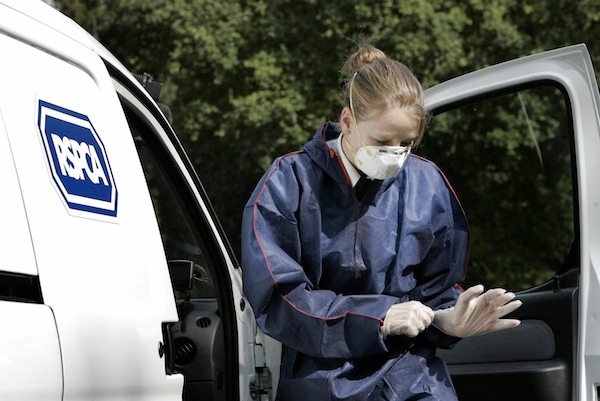Parliament debating how laws are prosecuted is not a rare event, unless that is, MPs are pondering the role of the country’s most persistent private prosecutor. Alongside its role as a prosecutor, the RSPCA also campaigns for new legislation and changes to the existing laws it is prosecuting under what seems like an increasingly radical agenda. That is why I have sponsored a debate today about their role as a prosecutor to which the Attorney General will respond.
This debate is not about the 95 per cent of the RSPCA’s work directly protecting animals which we all support and applaud, indeed I was a member of the RSPCA for many years. What I want my colleagues to consider carefully is how the Society both investigates and prosecutes criminal cases without the separation between those roles, which has become a fundamental principle of the criminal law in England and Wales since the formation of the Crown Prosecution Service.
I also want them to consider how anybody with a political and commercial agenda can properly apply (as the RSPCA claims it does) the code for crown prosecutors including the evidential and public interest tests.
The case that started a public discussion of the RSPCA’s direction and position as a prosecutor was a strange one to grab the public consciousness. The charity’s obsessive, and excessively expensive, pursuit of certain high profile cases has been the catalyst for a much wider debate.
RSPCA Chief Executive Gavin Grant has been unrepentant, referring to defendants’ accents and calling for prison sentences of up to five years for what are currently non-recordable offences. He claimed ‘overwhelming public support’ for the RSPCA’s increasingly radical animal rights agenda and when the criticism continued, he resorted to the staple PR line of claiming that support was flooding in and donations were on the rise.
Whilst all this was being played out, however, polling company YouGov was tracking the public’s perception of the RSPCA and the results of the research were clear cut. Public attitudes towards the RSPCA have fallen dramatically on every measurement. As YouGov put it the ‘figures show that as the charity gained attention from the hunt judgment and subsequent media coverage, its reputation declined in almost equal measures’. And YouGov concluded: ‘Only time will tell if all publicity is good publicity for the RSPCA. However, the negative stories it has generated over the past month in the aftermath of Heythrop suggests that it isn’t.’
So perhaps my colleagues are unnecessarily concerned about how the public will react to scrutiny of the RSPCA. If the response to the Heythrop case is anything to go by, the public think the RSPCA has as many questions to answer as I do.
Simon Hart is Conservative MP for Carmarthen West and South Pembrokeshire.






Comments